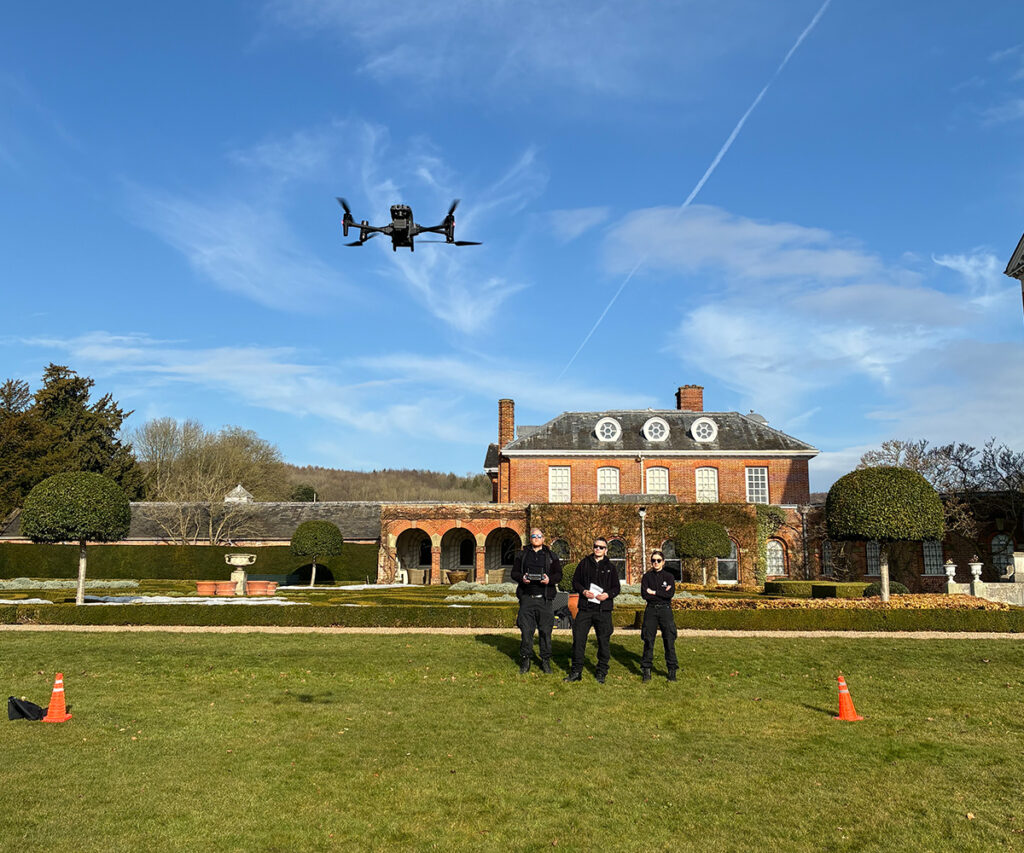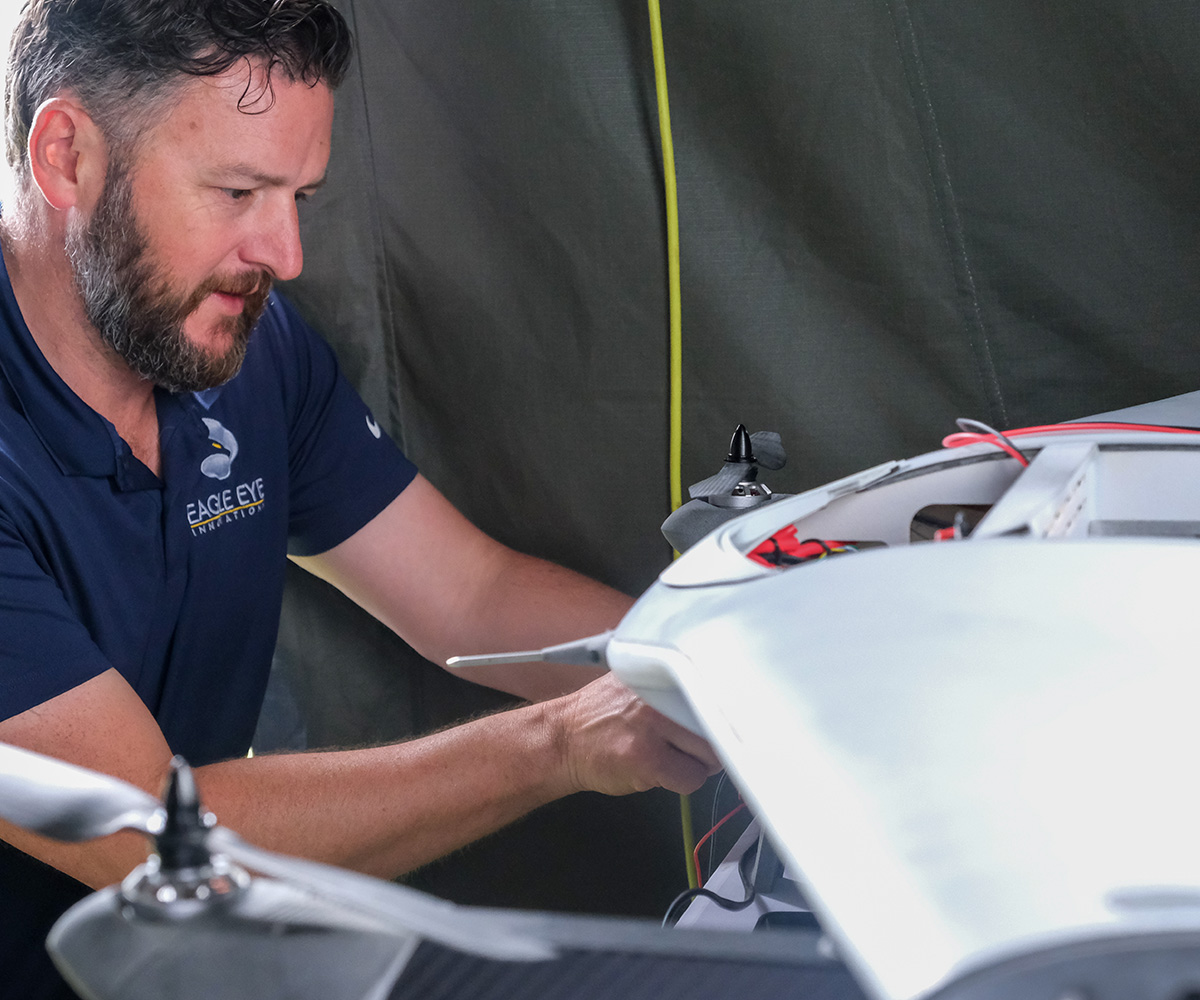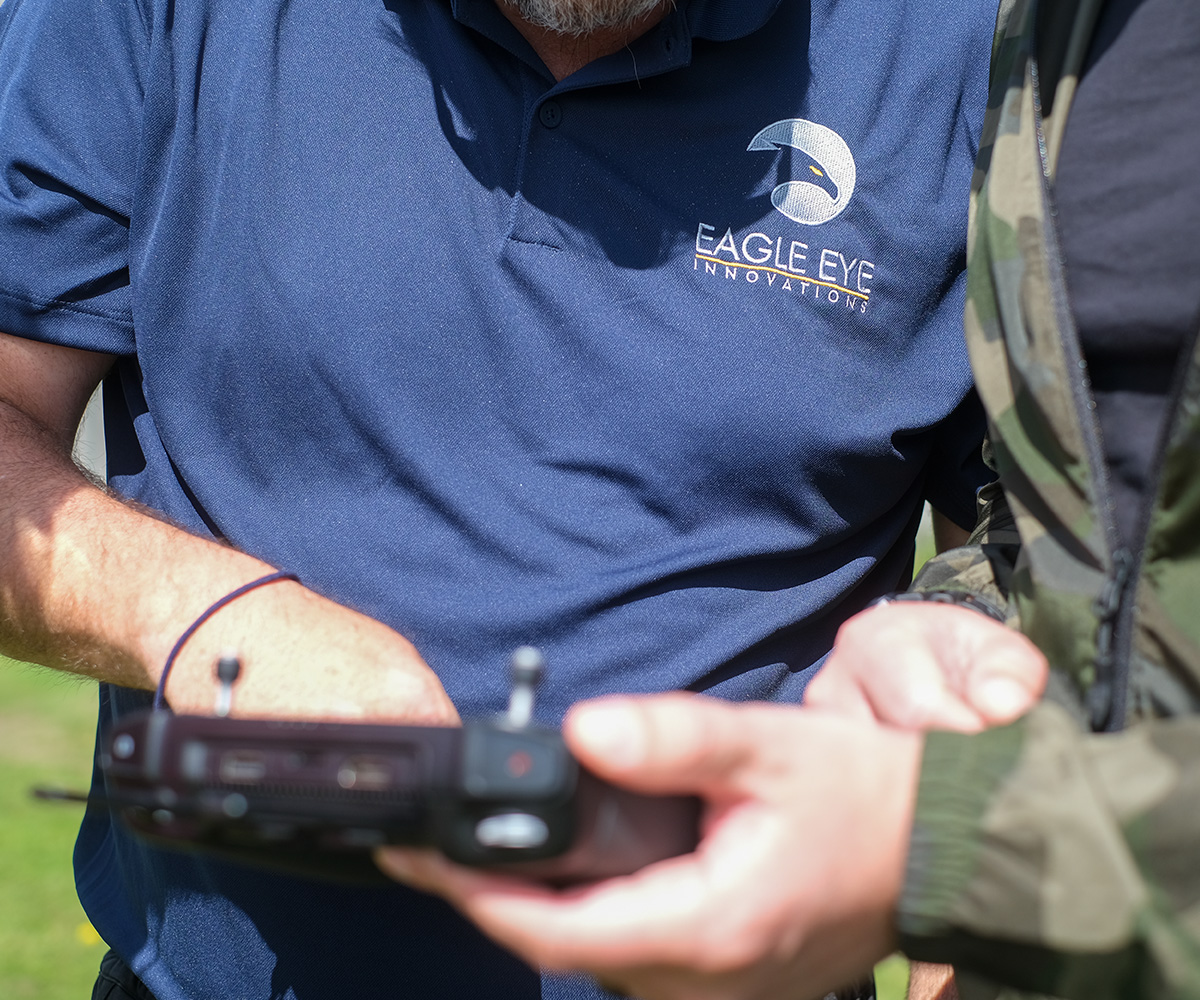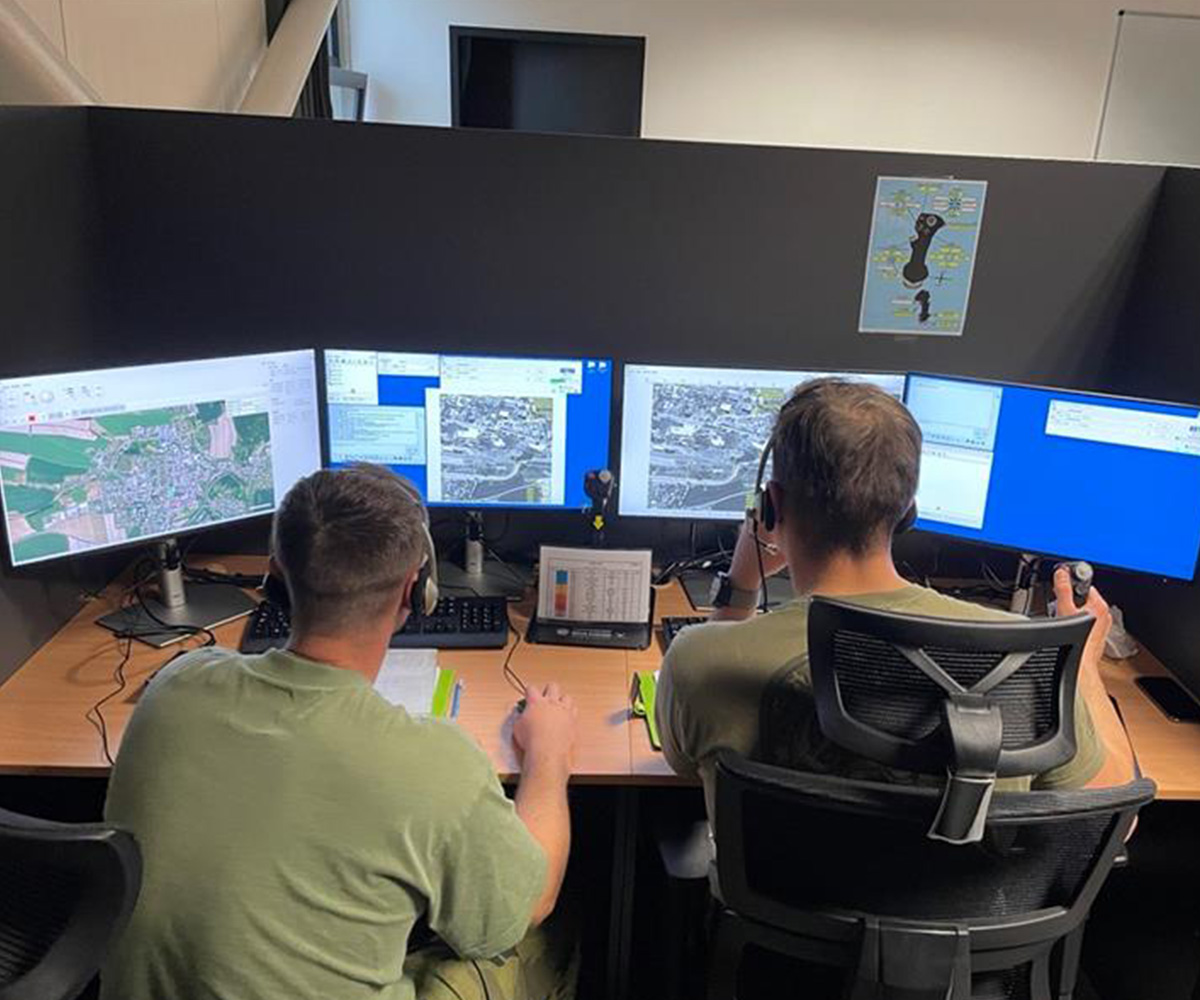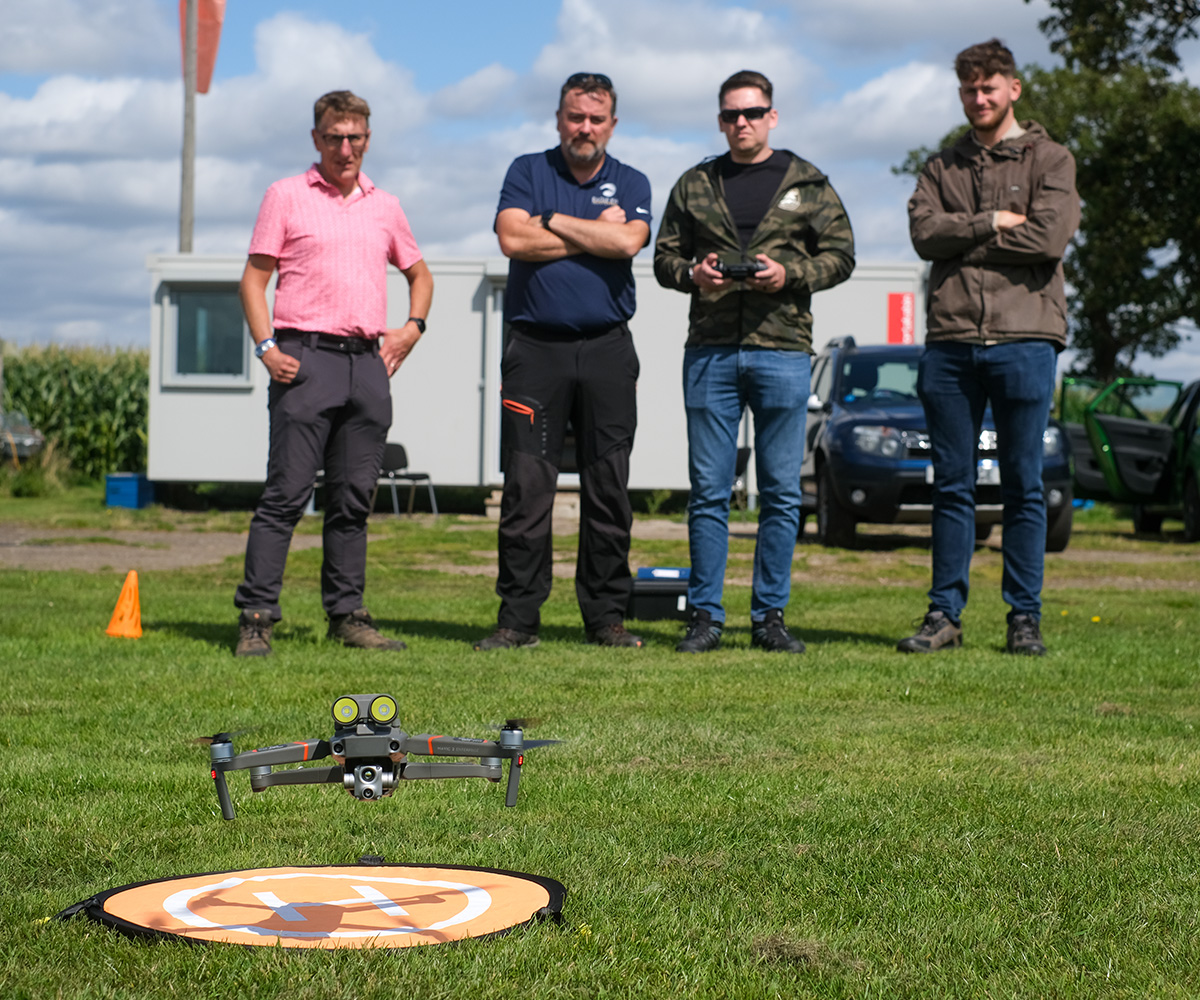Major Upcoming Changes to Civil Aviation Authority (CAA) Regulations: Remote Pilot Competence (RPC) Framework
The UK CAA has now introduced significant changes to drone regulations through the new RPC Framework. This framework aims to enhance the competency and training of remote pilots, particularly for operations within the Specific category. Here are the key changes:
Recognised Assessment Entity (RAE) Pilot Competence (PC) Levels – RAE(PC)
The new framework has established four distinct levels of pilot competence, assessed by CAA approved Recognised Assessment Entities, such as Eagle Eye Innovations:
RPC-L1: Basic Competence
- Scope: Suitable for simple Visual Line of Sight operations in the same manner as the current General Visual Line of Sight Certificate (GVC).
- Entry Requirements: Completed the Open category online training material and passed the CAA’s official online theory test to get a flyer ID.
- Content: Basic theoretical knowledge and practical skills. There will be both a theoretical exam and a practical flight assessment.
RPC-L2: Intermediate Competence
- Scope: Applicable for more complex Visual Line of Sight operations and localised Beyond Visual Line of Sight operations flown within an Atypical Air Environment.
- Entry Requirements: To progress to Level 2, a remote pilot must first hold a valid Level 1 qualification and have gained 50 flight hours on a platform in the same Unmanned Air System category within the Specific category.
- Content: This course will introduce Beyond Visual Line of Sight theoretical knowledge, including risk management and operational planning, and culminates with an exam and practical skills assessment. A remote pilot must receive 5-hours of practical flight instruction during the course.
RPC-L3: Advanced Competence
- Scope: Designed for Beyond Visual Line of Sight en-route operations.
- Entry Requirements: To progress to Level 3, a remote pilot must first hold a valid Level 2 qualification and have gained 50 Beyond Visual Line of Sight flight hours on a platform in the same Unmanned Air System category within the Atypical Air Environment.
- Content: This course provides advanced theoretical knowledge, three practical flight skills assessments, and specialised training modules for more complex Beyond Visual Line of Sight operations. You must be at least 18 years old to start this course and complete the practical flying requirements within 6-months of starting.
RPC-L4: Expert Competence
- Scope: Required for highly complex Beyond Visual Line of Sight operations, including operations in controlled airspace and integration with Instrument traffic. At present, this remains a future possibility and is not yet available.
- Entry Requirements: To progress to Level 4, a remote pilot must first hold a valid Level 3 qualification and have gained 75 Beyond Visual Line of Sight flight hours on a platform in the same Unmanned Air System category as Remote Pilot in Command within the Specific category. A remote pilot must also hold at least a Light Aircraft Pilot’s Licence medical certificate and be at least 18 years of age.
- Content: This course will include expert-level theoretical knowledge, complex practical skills assessments, and comprehensive training on advanced operational scenarios.
Impact on Existing Certificates
The introduction of the Remote Pilot Competence Framework will lead to the phasing out of the GVC as the basic level of Visual Line of Sight training, although for now, the GVC will remain a valid qualification. It will not, however, allow a remote pilot to progress to the later RPC levels.
So, what does THE RPC FRAMEWORK mean for someone considering a basic drone qualification:
Gaining a RPC-L1 qualification through Eagle Eye Innovations offers several benefits for remote drone pilots:
- Enhanced Skills and Knowledge: Our RPC-L1 qualification focuses on building and then improving the remote pilot’s skill set, including practical training with one of our highly experienced and CAA-accredited instructors. This ensures our graduates are well-prepared to handle the various scenarios and challenges faced by a remote pilot.
- Compliance and Safety: It helps pilots comply with regulatory requirements, ensuring safe and legal drone operations. This is particularly important for commercial drone pilots who need to adhere to specific regulations but is just as important for hobbyists and those who simply fly for fun.
- Career Advancement: Holding an RPC-L1 qualification can lead to advanced opportunities, such as obtaining higher-level certifications (RPC-L2, L3, and L4) that allow for more complex operations, including Beyond Visual Line of Sight flights. Whilst this may not be appropriate for the basic drone operator, drone use is rapidly expanding as a safe and efficient means of achieving a task.
- Operational Efficiency: With improved skills and knowledge, pilots can operate drones more efficiently, reducing the need for repositioning and enhancing overall productivity. Additionally, the many bolt-on options available through Eagle Eye Innovations means you will be able to truly master your drone and ensure you maximise its capabilities.
- Credibility and Trust: Having a recognised qualification can boost a pilot’s credibility and trustworthiness, making them more attractive to potential clients and employers. Eagle Eye Innovations, one of the longest-running Recognised Assessment Entities in the UK, has built a proven reputation for excellence. Our industry-leading drone expertise, combined with the value of face-to-face delivery over online learning, ensures you graduate our courses as best placed as possible to start your journey to master the skies. In-person training provides hands-on experience, real-time feedback, and direct engagement with our expert instructors, enhancing practical skills, building confidence, and preparing you to handle real-world scenarios with professionalism and competence.
Contact us to find out more about upcoming changes to our training, or if you have any queries about how these changes will affect you.


